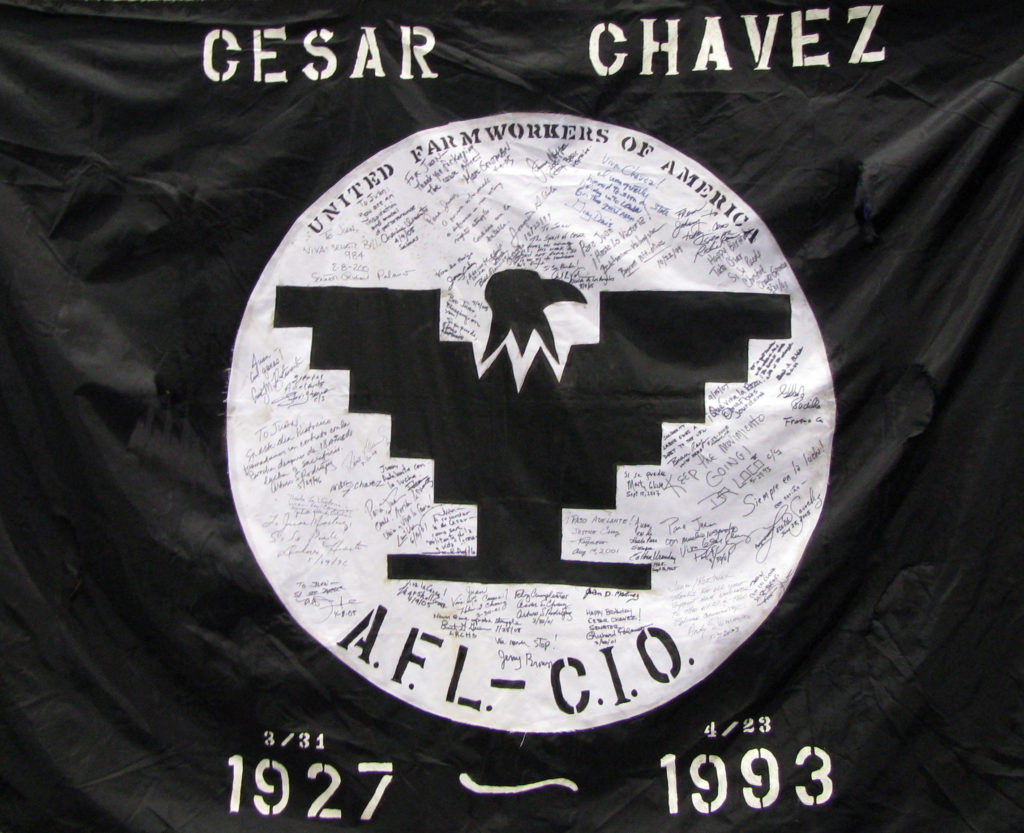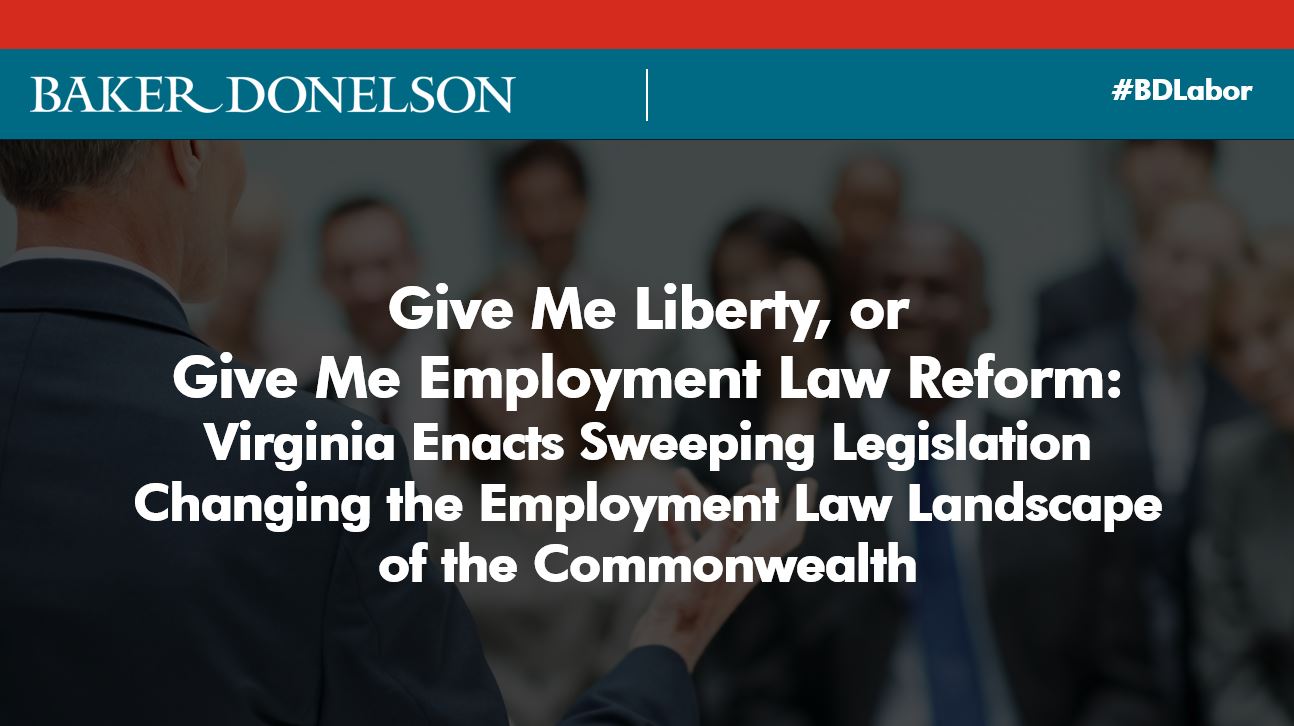Department of Labor (DOL) administers and enforces more than 180 federal laws. These mandates and the regulations that implement them cover many workplace activities for about 150 million workers and 10 million workplaces. Following is a brief description of many of DOL's principal statutes. Instead of referring claims to the Illinois Attorney General, the Department of Labor will be able to directly adjudicate claims of $3,000 or less, which make up most of the claims. By far the most important labor legislation of the 1930s was the National Labor Relations Act (NLRA) of 1935, more popularly known as the Wagner Act, after its sponsor, Sen. This law included a reenactment of the previously invalidated labor sections of the NRA as well as a number of additions. Labor Laws What It Means. As workers and wage earners, people in most countries are supported by a diverse body of labor laws. These laws vary from country to country (and in the United States there are variations from state to state), but they generally cover such areas as the obligations a worker and employer have to one another, the safety of the work environment, unfair discrimination in.


Labor Legislation
Kriget kommerstalino 1941 campaign. the system of legal norms that regulates labor relationships and other relationships of a similar nature. Modern Soviet labor legislation sets high standards for working conditions and ensures that all employee rights are honored.
A particular feature of labor legislation in the USSR is the participation of trade unions in the setting of norms by the state in the area of labor and wages. The All-Union Central Council of Trade Unions and the republic trade union councils have been granted the right of legislative initiative. The country's legislative and administrative bodies will not adopt any norms in the area of labor and wages without consultation with trade unions.
Legis Law Pc
The system of Soviet labor legislation includes such pieces of All-Union labor legislation as the Principles of Labor Law of the USSR and the Union Republics (1970), the Law on State Pensions (1956, with later amendments), the Statute on the Procedure for Settling Labor Disputes (1974), and the decree On the Rights of Local Trade Union Committees (1971). In elaborating these laws, the Council of Ministers of the USSR adopted the Statute on Rules for Assigning and Paying State Pensions (1972) and the Rules for Calculating the Period of Continuous Employment (1973). Labor legislation also includes the legislation of the Union republics, mainly the codes of labor laws adopted in 1971–73, and the directives on labor and wages issued by various ministries and departments. A special place here is occupied by the directives on labor, wages, working hours, time off, work norms, and pensions issued by the State Committee on Labor and Wages. The committee's most important acts are promulgated either jointly or by agreement with the All-Union Central Council of Trade Unions. Rules established by management at the enterprise level with the agreement of the factory, plant, or local committee that reflect conditions peculiar to an enterprise or locality are also part of labor legislation.
The USSR's system of labor legislation also includes acts of the All-Union Central Council of Trade Unions on collective agreements and social insurance and on the activities of technical inspection agencies.
The system of labor legislation contains norms applying to all employees and norms covering only certain categories of employees. The latter usually set forth exceptions from the general norms, areas of application of general norms, supplementary benefits (for example, for persons working in the Far North), and increased liability for certain categories of workers.


Labor Legislation
Kriget kommerstalino 1941 campaign. the system of legal norms that regulates labor relationships and other relationships of a similar nature. Modern Soviet labor legislation sets high standards for working conditions and ensures that all employee rights are honored.
A particular feature of labor legislation in the USSR is the participation of trade unions in the setting of norms by the state in the area of labor and wages. The All-Union Central Council of Trade Unions and the republic trade union councils have been granted the right of legislative initiative. The country's legislative and administrative bodies will not adopt any norms in the area of labor and wages without consultation with trade unions.
Legis Law Pc
The system of Soviet labor legislation includes such pieces of All-Union labor legislation as the Principles of Labor Law of the USSR and the Union Republics (1970), the Law on State Pensions (1956, with later amendments), the Statute on the Procedure for Settling Labor Disputes (1974), and the decree On the Rights of Local Trade Union Committees (1971). In elaborating these laws, the Council of Ministers of the USSR adopted the Statute on Rules for Assigning and Paying State Pensions (1972) and the Rules for Calculating the Period of Continuous Employment (1973). Labor legislation also includes the legislation of the Union republics, mainly the codes of labor laws adopted in 1971–73, and the directives on labor and wages issued by various ministries and departments. A special place here is occupied by the directives on labor, wages, working hours, time off, work norms, and pensions issued by the State Committee on Labor and Wages. The committee's most important acts are promulgated either jointly or by agreement with the All-Union Central Council of Trade Unions. Rules established by management at the enterprise level with the agreement of the factory, plant, or local committee that reflect conditions peculiar to an enterprise or locality are also part of labor legislation.
The USSR's system of labor legislation also includes acts of the All-Union Central Council of Trade Unions on collective agreements and social insurance and on the activities of technical inspection agencies.
The system of labor legislation contains norms applying to all employees and norms covering only certain categories of employees. The latter usually set forth exceptions from the general norms, areas of application of general norms, supplementary benefits (for example, for persons working in the Far North), and increased liability for certain categories of workers.
Want to thank TFD for its existence? Tell a friend about us, add a link to this page, or visit the webmaster's page for free fun content.
Link to this page: <a href='https://encyclopedia2.thefreedictionary.com/Labor+Legislation'>Labor Legislation</a>
